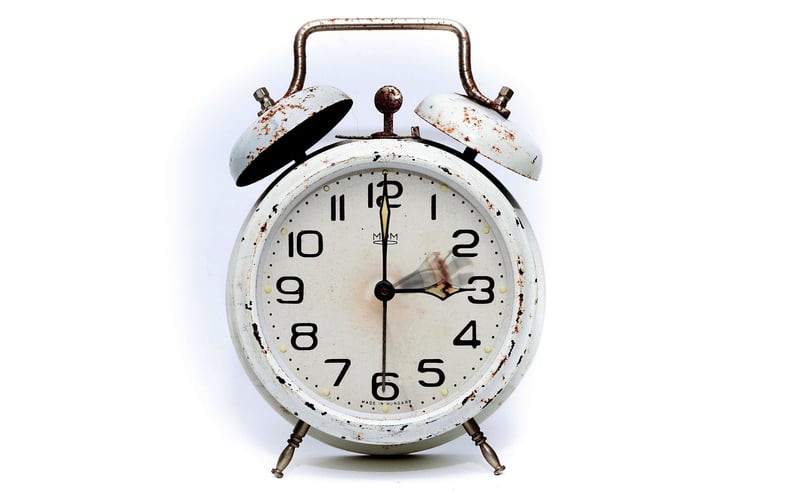Temporal Regulations
Understanding the Rules and Temporal Regulations
Introduction
When it comes to following rules and regulations, especially temporal ones, it's crucial to have a clear understanding of what is expected. In this article, we will delve into the significance of rules and how temporal regulations play a vital role in various aspects of life.
The Importance of Rules
Rules are guidelines set in place to ensure order, safety, and fairness in different environments. Whether it's at work, school, or in society, rules help maintain harmony and prevent chaos. By following rules, individuals show respect for authority and contribute to a positive community atmosphere.
Types of Rules
- Legal Rules: These rules are established by the government and must be followed by all citizens. They encompass laws that govern behavior and interactions within a society.
- Social Rules: These rules dictate acceptable behavior in social settings and can vary based on cultural norms and customs.
- Organizational Rules: These rules are specific to individual organizations or institutions and help maintain order within that particular environment.
Temporal Regulations
Temporal regulations refer to rules that are time-bound or have a temporal aspect associated with them. These regulations often govern activities that are time-sensitive or require adherence to specific timelines.
Examples of Temporal Regulations
- Project Deadlines: In a work or academic setting, meeting project deadlines is crucial to ensure timely completion of tasks.
- Event Schedules: Events such as meetings, conferences, or appointments follow specific schedules that participants are expected to adhere to.
- Temporary Restrictions: Temporary regulations may include parking restrictions during certain hours or limited access to certain areas at specific times.
Adhering to Temporal Regulations
It is essential to respect temporal regulations to avoid disruptions and maintain efficiency. By planning ahead, managing time effectively, and being mindful of deadlines and schedules, individuals can uphold temporal regulations and contribute to the smooth operation of various activities.
Conclusion
Understanding the importance of rules and temporal regulations is key to fostering a harmonious and organized society. By recognizing the significance of following guidelines and respecting temporal boundaries, individuals can contribute to a more efficient and structured environment.


